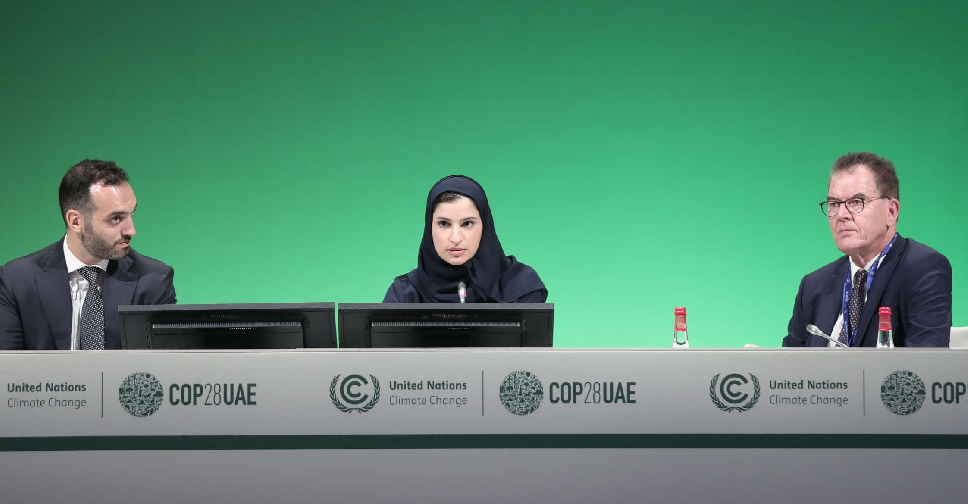UAE unveils industrial decarbonisation roadmap

The UAE has launched its Industrial Decarbonisation Roadmap with the intention of decreasing industrial carbon emissions by 2.9 gigatonnes till 2050.
The initiative, which was anounced on the sidelines of COP28, focuses on manufacturing and hard-to-abate sectors, together with cement, iron, metal and aluminium.
The Ministry of Industry and Advanced Technology constructed the roadmap alongside strategic companions within the authorities and personal sectors.
Sarah bint Yousef Al Amiri, Minister of State for Public Education and Advanced Technology stated: “The roadmap focuses on the development and adoption of advanced technology to drive a phased carbon reduction of 93 per cent by 2050 across the national industrial sector.”
“It includes a set of pathways around monitoring and addressing challenges as well as developing and adopting the latest technologies. It also focuses on promoting the competitiveness and development of the national industrial sector,” she added.
Three fundamental phases
The roadmap contains three phases. The first goals to scale back emissions by 5 per cent by 2030, whereas the second targets a 63 per cent discount by 2040. Through the scaling and lowering value of applied sciences, emissions discount is anticipated to succeed in 93 per cent by 2050.
The ministry and its companions have examined and evaluated the feasibility of greater than 50 superior applied sciences and revolutionary options.
These embody clear electrical energy, carbon seize, utilisation and storage (CCUS), manufacturing effectivity, different fuels, recycling, clinker substitutes, and hydrogen.
Within the roadmap, there are separate decarbonisation timelines for various hard-to-abate sectors, together with iron, metal, aluminium, cement, and petrochemicals.
Various applied sciences are mapped towards the completely different industries, based mostly on how a lot every resolution might contribute to decarbonisation in that exact sector.
The roadmap signifies that CCUS, clear electrical energy and effectivity enhancements alone could possibly be answerable for a 70 per cent carbon discount by 2050, with the remaining 23 per cent made up by different options.
The motion plan set out within the roadmap will minimize 90 million tonnes of carbon dioxide yearly. Clean electrical energy alone might contribute to 41 per cent of the focused discount by 2050.

Source web site: www.dubai92.com
